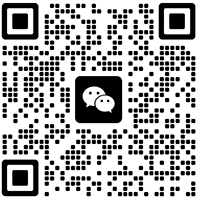1.admit v. 許可進(jìn)入;承認(rèn);供認(rèn)
音標(biāo)[?d?m?t]
例句
He admits to being strict with his children.
他承認(rèn)對(duì)自己的孩子很嚴(yán)厲。
He stubbornly refuses to admit the truth.
他頑固地拒不承認(rèn)事實(shí)。
2.adolescent
n. 少年,少女
a. 青少年的;青春期的;未成熟的
音標(biāo)[?æd??lesnt]
例句
The adolescent crisis is very important.
青春期易出現(xiàn)的問題是非常重要的。
I've waited my entire adolescent life for a date with this special girl.
我已經(jīng)等了整個(gè)青春時(shí)光,就為了和這個(gè)特別的女生約會(huì)。
3.adopt v. 收養(yǎng),領(lǐng)養(yǎng)
音標(biāo)[??d?pt]
例句
We did not have enough money to adopt a child.
我們沒有足夠的錢去收養(yǎng)一個(gè)孩子。
She was forced to have her beloved baby adopted.
她被迫把深愛的寶寶給人收養(yǎng)。
4.adore v. (不用于進(jìn)行時(shí))熱愛,愛慕
音標(biāo)[??d??(r)]
例句
It's obvious that she adores him.
她顯然深深地愛著他。
I adore her music.
我喜愛她的音樂了
5.advance v. 推進(jìn),促進(jìn);前進(jìn)
音標(biāo)[ ?d?væns]
例句
This can become a driving force for social advance.
這能成為促使社會(huì)前進(jìn)的動(dòng)力。
I have to tell her in advance.
我得事先告訴她。





